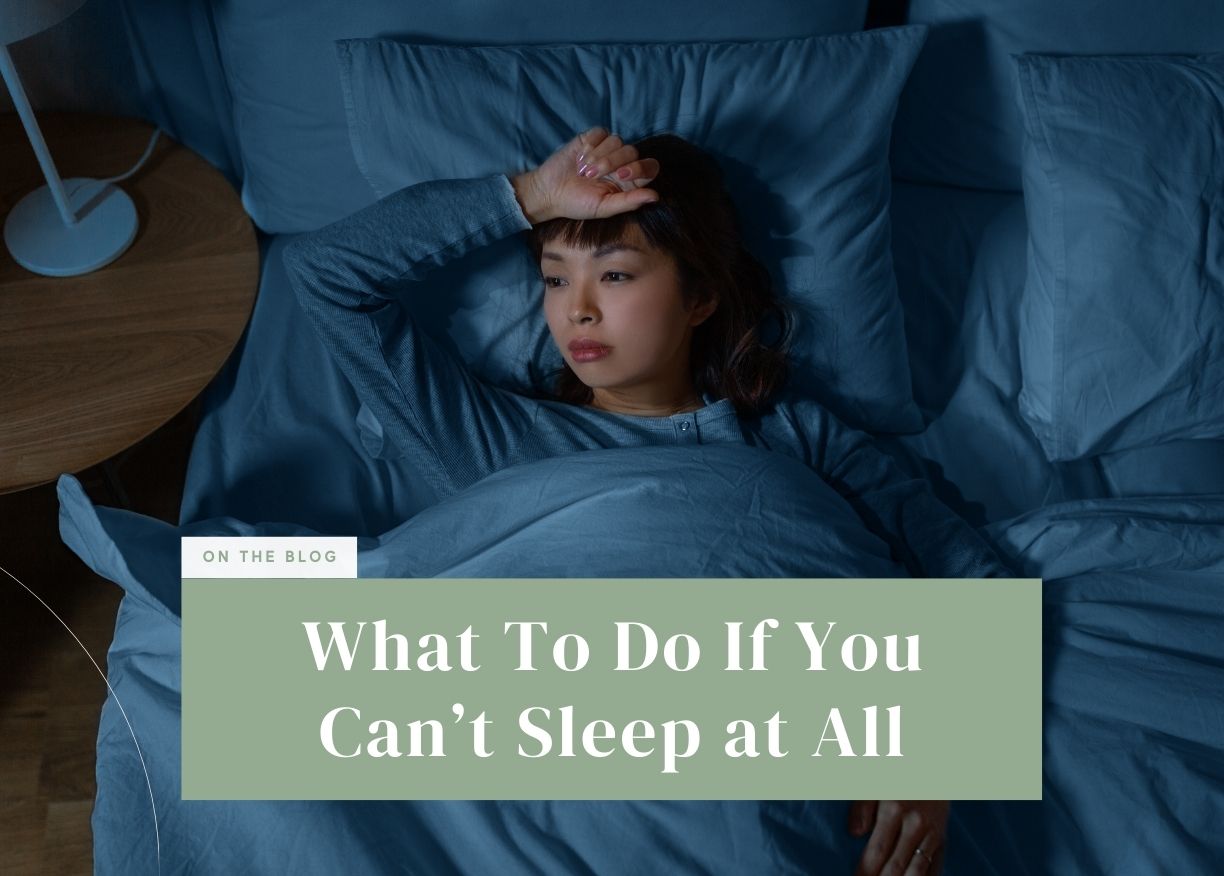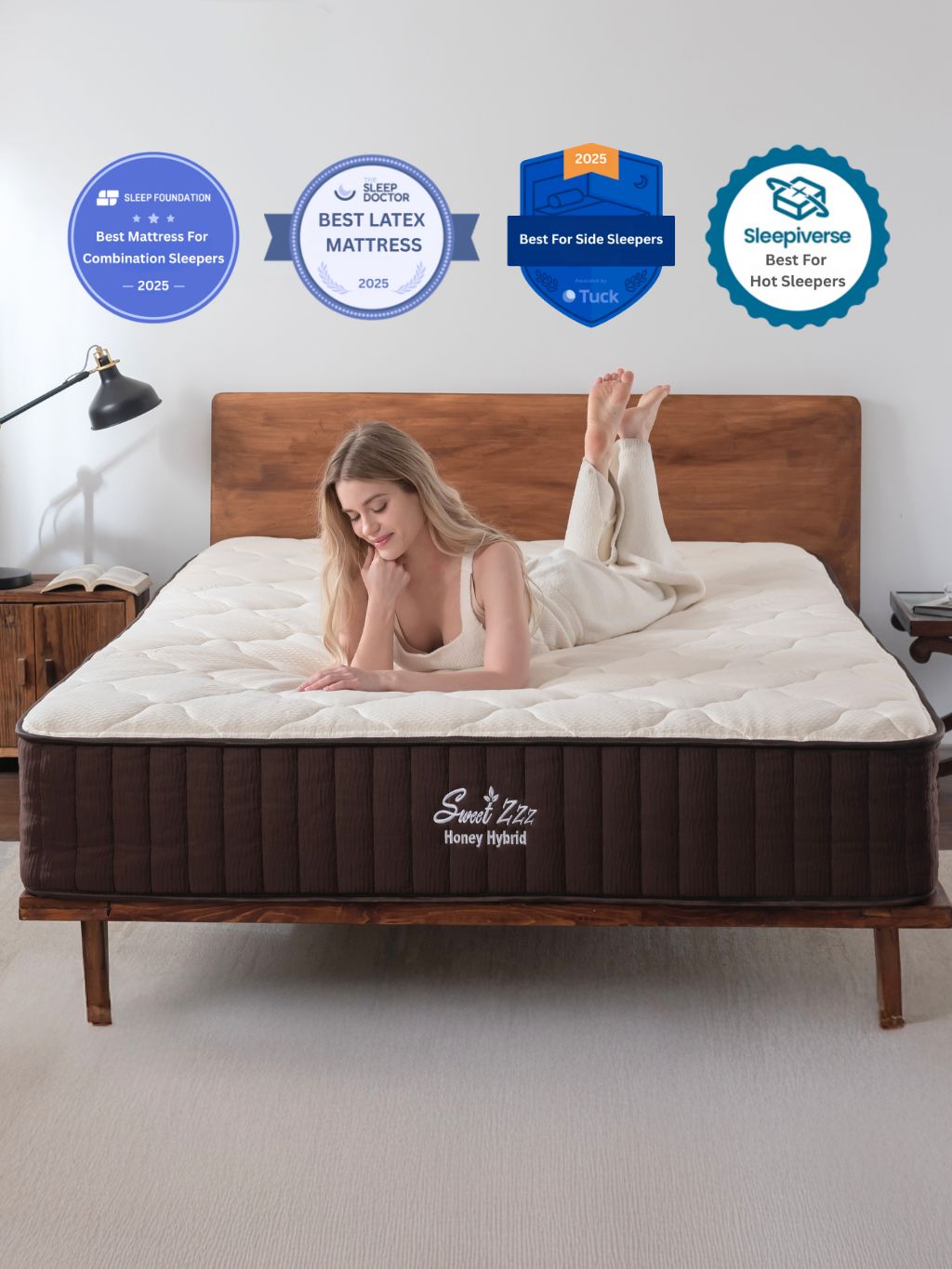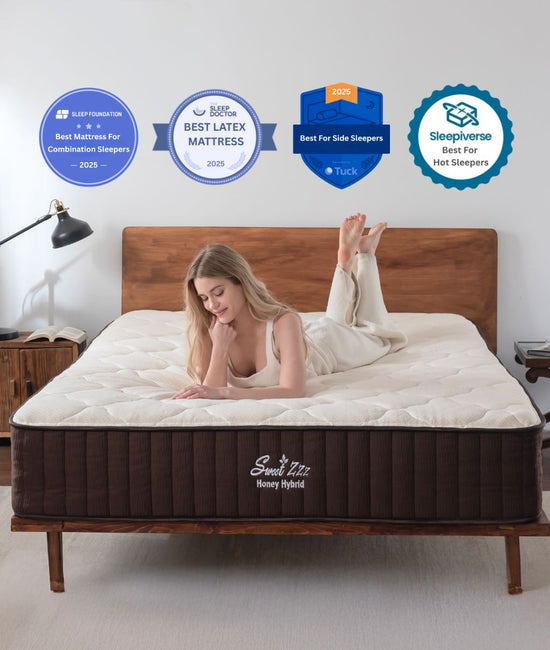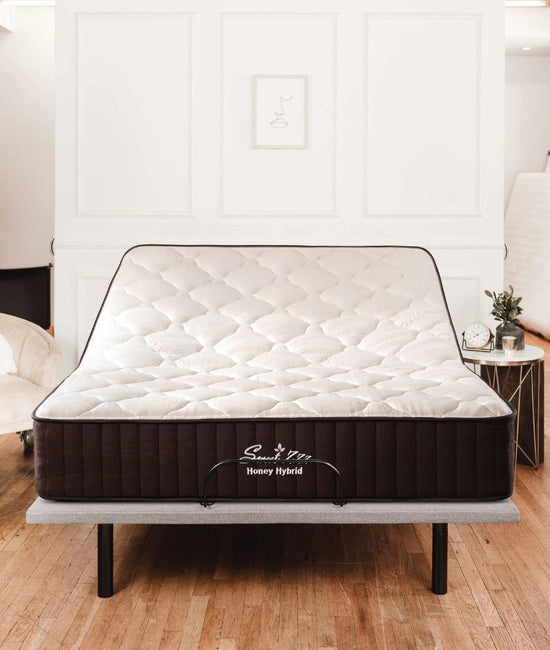What To Do If You Can’t Sleep at All
It’s 3 a.m.
You’ve flipped the pillow. Counted the cracks on the ceiling. Promised yourself tomorrow you’ll go to bed earlier, drink less coffee, do everything right.
And yet—you’re still wide awake.
Few things are as frustrating as insomnia in the moment. But there are ways to break the cycle when sleep feels impossible.
First: Stop Fighting It
The harder you try to “force” sleep, the more alert your brain becomes. Stress hormones rise, your mind spins, and the bed becomes a battlefield.
Instead, try this: if you’ve been awake more than 20–30 minutes, get up. Go to a quiet, dimly lit space. Read something light, listen to soft music, or do gentle stretches until drowsiness returns. Then go back to bed.
Calm the Mind, Calm the Body
Insomnia is often less about the body and more about the mind refusing to shut off. A few practices that help:
-
Breathing exercises like 4-7-8 (inhale 4, hold 7, exhale 8) lower heart rate and quiet racing thoughts.

-
Progressive muscle relaxation—tense and release muscles head to toe—sends a clear “time to rest” signal to your nervous system.

-
Journaling stressful thoughts before bed helps keep them from circling when the lights go out.

Reset Your Environment
Sometimes the problem isn’t you—it’s the room around you. Ask yourself:
-
Is the room too warm? (Cooler temps promote deeper sleep.)
-
Is light sneaking in? (Even small glows can suppress melatonin.)
-
Is noise disrupting you? (White noise or a fan can block sudden sounds.)
The Role of Your Sleep Setup
When sleep is already fragile, your bed should make things easier, not harder.
🌿 Honey Hybrid Organic Mattress: Provides balanced support and pressure relief, so discomfort isn’t the reason you’re awake.
🌿 Bamboo Sheets: Cooling and breathable, helping regulate body temperature—a frequent culprit in restless nights.
🌿 Adjustable Base: Lets you raise your head or legs for maximum comfort, easing pressure points and helping you relax into a natural sleep position.
When your body feels supported and comfortable, your mind has one less barrier to letting go.
When to Seek Extra Help
Occasional sleepless nights are normal. But if insomnia lasts more than a few weeks, or seriously impacts your daily life, it may be time to see a doctor or sleep specialist. Chronic insomnia can often be treated with cognitive behavioral therapy for insomnia (CBT-I), sometimes alongside short-term medical interventions.
Final Thoughts
Sleepless nights happen to everyone. But they don’t have to spiral into endless frustration.
Step away from the struggle, calm the mind, adjust your environment, and let your body find its rhythm again.
Because sleep isn’t something you can force—it’s something you allow.









